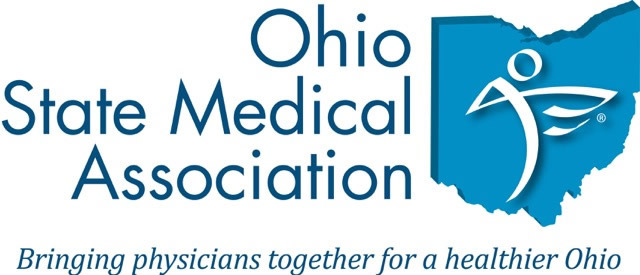Complete Story
08/01/2022
National Immunization Awareness: Hear from Ohio Pediatricians
August is National Immunization Awareness Month, so we spoke with three Ohio pediatricians to get their thoughts on childhood vaccines and answers to some of the most common vaccine questions.
Question 1:
Why are childhood vaccines such an important part of public health?
Vaccination is the single most important thing we can do to keep our children healthy. Vaccines prevent many diseases that have been responsible for high child mortality rates in the past. Now, we thankfully don't hear about children dying from Diphtheria or becoming paralyzed from Polio - and that is entirely due to vaccines. It's extremely important to remember that even though we may not see some of these lethal diseases circulating around, if we don't continue to stay on top of vaccinating our children they can start to reappear. We know from experience that these diseases come back even if vaccination rates go down just a little bit.
– Lauren Beene, MD, Shaker Heights area pediatrician
Childhood vaccines are the backbone of public health. They help create a state of herd immunity, which not only protects the vaccinated, but also those who are unable to be vaccinated as well. This helps prevent outbreaks of vaccine-preventable illness in our communities better than any other method we have.
– Jennifer France, MD, FAAP, Cincinnati area pediatrician
Question 2:
Why are there so many vaccines out there?
We have so many vaccines because there are so many dangerous illnesses out there. The number of vaccines we have is miniscule when compared to the number of possible bacterial and viral illnesses that we are susceptible to as humans. We only develop vaccines to the illnesses that have the potential to be the most dangerous and/or life threatening.
– Jennifer France, MD, FAAP, Cincinnati area pediatrician
Question 3:
How much do vaccines cost? Are they covered by insurance?
The good news is that nearly all insurance companies cover vaccines at no cost to their members. For those without insurance, the local health department and many doctor’s offices will offer vaccines for approximately $20 each (the government covers the rest of the cost). Currently, COVID-19 vaccines are available at no cost to all patients, insured or not.
– Brad Fuller, MD, FAAP, Westerville area pediatrician
Question 4:
If a child is behind on their shots or a parent is unsure about what shots their child needs, what should they do?
If a child is behind on their vaccines, please schedule an appointment with their pediatrician for a well child check to get caught up on vaccines. If your child does not have a pediatrician, call your nearest pediatric hospital and ask for help scheduling with one of their outpatient pediatrics clinics near your home. In my practice, I frequently see children who are behind on vaccines, and we always work together to devise a plan for getting them caught up.
– Lauren Beene, MD, Shaker Heights area pediatrician
Please talk to your pediatrician, family doctor, or local health department. They can develop a catch-up schedule for you or tell you which vaccines are recommended for you. You can also consult the CDC catch up schedule at https://www.cdc.gov/vaccines/schedules/hcp/imz/catchup.html
– Brad Fuller, MD, FAAP, Westerville area pediatrician
Question 5:
Is there anything else you want parents to know about vaccines as they send their kids back to school this year?
Vaccines are safe and effective. We have been giving these vaccines to children for decades and have saved countless lives by preventing the illnesses that vaccines protect against. We have done such a good job of eliminating the tragic consequences of vaccine-preventable diseases, diseases the public does not have a sense of how bad these illnesses can really be. My hope is that our society will not become complacent enough to allow these terrible illnesses to rear their ugly heads again, with our children as their victims.
– Jennifer France, MD, FAAP, Cincinnati area pediatrician
The most important thing to remember is that vaccines for children are safe and effective. They undergo more research, safety testing, and continuous monitoring than nearly everything else we give to our children, such as medications, food, or lotions. They prevent doctor’s visits, emergency department visits, overnight stays in the hospital, breathing tubes in the ICU, and death. As a pediatrician, my four children are fully vaccinated on schedule, because I know it is the best way to keep them healthy. If you have questions about a vaccine, please bring them to your pediatrician. We are always happy to discuss any questions or concerns you might have.
– Brad Fuller, MD, FAAP, Westerville area pediatrician
If you're not sure whether or not your child is due for any vaccines, please call their pediatrician. If your child has not had a well child check in the past year, this is a great time to schedule one. As a pediatrician and a mom, I understand that families have a lot of questions about vaccines and I am always happy to discuss.
– Lauren Beene, MD, Shaker Heights area pediatrician
